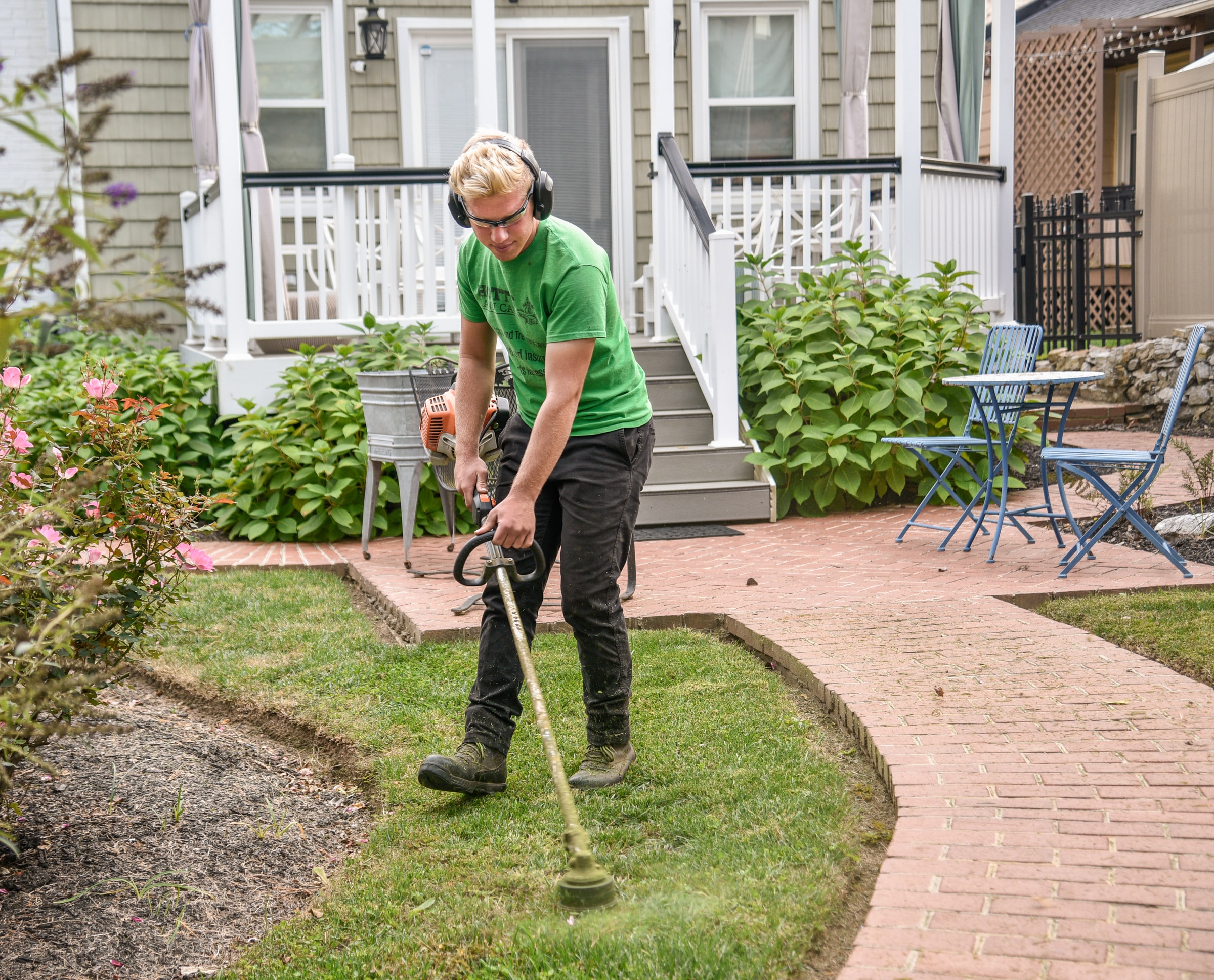Landlord Blog
Education and news for smart DIY landlords!
The Biggest Mistakes Many First Time Homebuyers Make (And What To Do Instead) - Part 2

Homeownership is a big responsibility to fulfill and without learning from the experiences of previous homeowners, it’s easy to make poor decisions that lead up to costly mistakes. In a previous article, we’ve discussed these mistakes and how to avoid them.
If you haven’t read part 1 of this blog post, now is the perfect time to do so by clicking this link. Otherwise, let’s discuss four more mistakes you’re prone to making when you’ve bought your first residential property.
1. Not having a budget for house-related expenses, repairs, and emergencies

Problems can happen anytime and anywhere. A family member might be sick and be advised for a hospital admission. A rusty pipe may burst out causing areas of your home to flood. A sudden hailstorm may happen and damage critical areas of your home like the roof, wall, and windows.
Because you have no savings or emergency budget, these problems that could be easily solved by money will turn into a huge hassle. That is why you must always have a lot of extra cash aside from the budget for buying your first home. And if you’ve already moved in, try to cut back on unnecessary expenses.
2. Property line projects
A property line is a boundary that separates two residential lots. Usually, the property line is a few feet in width between your house and the neighbors. If you build something or do a project on the property line, you’re going to cause some hostilities with the owner on the other side of the boundary. And you don’t want that to happen especially if you’re new in the area.
Before doing anything on the property line, call a City Surveyor to determine the actual boundaries. It’s also best that you discuss your plan with the neighbors. You don’t need their approval, but they’ll surely appreciate the heads up. They can also suggest some ideas that will improve your project.
3. Treating your home only as an investment

Real estate investing doesn’t always pay off. It’s a common misconception among first-time homeowners that the property they bought will significantly increase its value after 5 to 10 years. Know that the housing market changes over time.
Houses with amenities may be in demand during this decade and become a liability in the next. There are a lot of strategies to follow to increase the chances of your home profit more in the future. They include staying updated on the local real estate market and knowing when to sell your home and move out.
4. Impulsive landscaping

It’s no surprise that your first home’s landscape will be bare. Not every home seller would put their property on a list with a predesigned landscape. It’s because they’re afraid their potential buyers won’t agree with their taste. And when you move in, this bare state could tempt you to immediately buy some shrubberies for an improvement project.
While it is a good thing to upgrade your landscape, you must take your time, carefully plan everything, and consider low-maintenance ideas. There are many resources online waiting to be discovered by you. Some even would suit best to the local climate.
You worked hard to earn the money for buying your house. It’s only right that you should make your investment pay off. There’s no better way to do so than bookmarking Landlord Prep’s blog page and visiting it every Tuesday and Thursday.
For more ideas on how to make yourself the best homeowner, read these articles!
